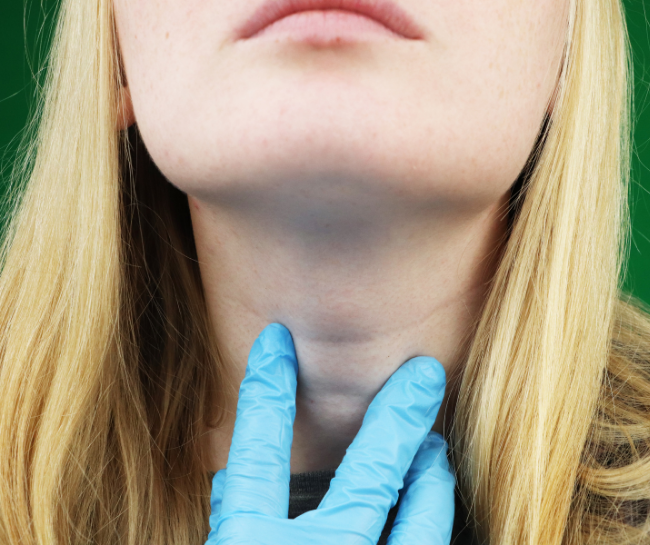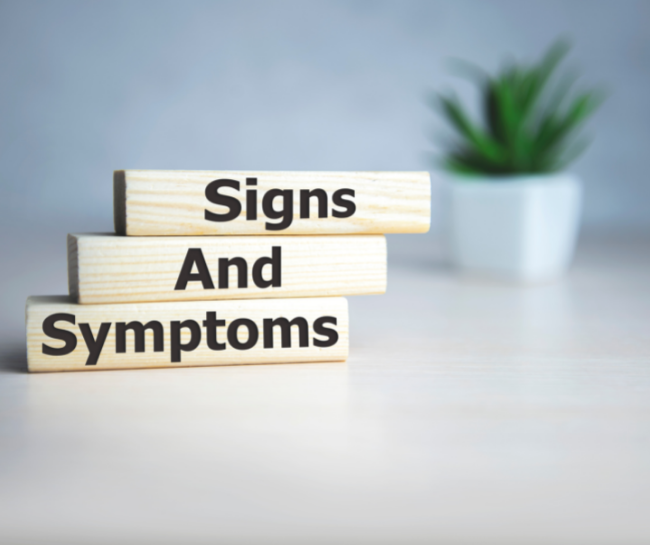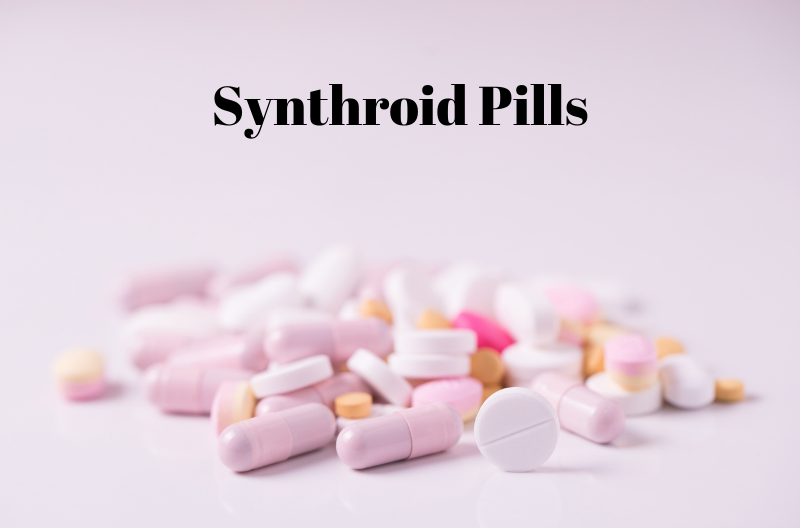Levothyroxine or Synthroid is a prescription drug used to treat hypothyroidism. It replaces or increases the amount of thyroid hormone generated by the thyroid gland. Low hormone levels can develop naturally or due to the thyroid gland being harmed by radiation/medication or surgically removed.
It is critical to have enough thyroid hormone to sustain optimal physical and mental activity. Thyroid hormone is essential for proper cognitive growth in youngsters. Other sorts of thyroid problems are also treated with this drug. If low thyroid hormone levels cause infertility, you should not use this medicine to treat it.
What happens if you accidentally take too much Synthroid
“I accidentally took two of my Synthroid pills! What should I do?” If that’s your worry, don’t panic. In most cases, you will simply experience some mild side effects like headaches or nausea. However, it is important to contact your doctor right away so they can monitor your thyroid levels and make sure everything is okay

Here are some tips to avoid accidentally taking too much Synthroid:
- Keep your pills in a safe place where you can see them. This will help you avoid taking too many by mistake.
- Set an alarm on your phone or watch to remind you when it’s time to take your pill.
- If you miss a dose, don’t take two pills to make up for it. Simply wait until your next scheduled dose.
- If you have any questions about your dosage, contact your doctor. They can help you figure out the right amount of Synthroid for your individual needs.
Is 125 mcg of Synthroid a lot

Synthroid is available in the form of pills that you must swallow. It is available in the following strengths: 25 micrograms, 50 micrograms, 75 micrograms, 88 micrograms, 100 micrograms, 112 micrograms, 125 micrograms, 137 micrograms, 150 micrograms, 175 micrograms, 200 micrograms, and 300 micrograms.
🔔 It is critical to understand that Synthroid is dosed in micrograms. It contrasts with most other drugs, which are usually dosed in milligrams.
Typical dosages
The Synthroid dose range is determined by the ailment being treated and how successful the medicine is for you. Your doctor will usually start you on a modest dose. Then they’ll modify it over time to find the appropriate quantity for you. Finally, your doctor will recommend the smallest amount that produces the desired effect.

For example, the typical Synthroid dose for treating hypothyroidism is 1.6 mcg of medication per kilogram (mcg/kg) of body weight once a day. Because this dose fluctuates according to body weight, your “normal” dosage may differ from that of others.
However, take the amount that your doctor has prescribed for you. Your doctor will establish the appropriate quantity for you. The following information outlines widely used or suggested doses.
Adult dosage for hypothyroidism

Synthroid doses for hypothyroidism might vary depending on whether they treat freshly diagnosed hypothyroidism or severe and long-term hypothyroidism.
- Dosage for newly diagnosed hypothyroidism
Once a day, the usual initial Synthroid dosage for treating hypothyroidism detected within several months is 1.6 mcg/kg. If necessary, your doctor may alter your dose throughout therapy.
One kilogram is approximately 2.2 pounds (lb). If you weigh 80 kg (176 lb), your initial Synthroid dosage would be 125 mcg daily. It is rounded down from around 128 mcg. Your doctor will prescribe the most potent Synthroid pills that are available.
🤔 Did you know?
Hypothyroidism affects nearly 5% of Americans over the age of 12.
- Dosage for chronic or severe hypothyroidism
Synthroid suggested beginning dosage for treating severe and long-term hypothyroidism is 12.5 mcg to 25 mcg once a day. Your doctor may then adjust your dose depending on your thyroid hormone levels and other considerations. See the section below titled “Factors Affecting Your Dosage.”
How long does a Synthroid stay in the body
Your body will continue to store levothyroxine for about four to six weeks. Levothyroxine is eliminated much more slowly (nearly 6 weeks) in people with hypothyroidism than in those with normal thyroid function.

One of the two hormones generated by the thyroid is T4, and Synthroid contains a synthetic version of this hormone. Because part of the T4 taken into the body is then converted to T3 (the second thyroid hormone), people who have hypothyroidism often need to take levothyroxine by themselves to keep appropriate thyroid hormone levels.
T4 has a half-life of around six to seven days, and measurement is used to approximate how long a medication will be in your system. The amount of time it takes for the drug’s concentration in your blood to drop to half of its initial value is referred to as its “half-life.” In most cases, eliminating a medication from the body will take 5.5 half-lives to complete.
What are the symptoms of overmedicated thyroid

There is a wide range of possible signs and symptoms associated with taking too much thyroid hormone.
The following are examples of some frequent symptoms:
- A rapid heartbeat and elevated blood pressure
- Anxiety, a jittery nervous system, and tremors
- Having feelings of irritability, extreme emotion, unpredictable behavior, or depression
- Having trouble concentrating on things
- Difficulty falling or staying asleep
- Fatigue
- Having a sense of being warm even though others are chilly
- Diarrhea
- Having the sensation that your heart is skipping beats or beating too quickly
- Weight loss with no modifications to your diet or workout plan.

When someone takes too much medicine, they may experience health issues related to hypothyroidism. It’s possible that you’ll feel more tired than usual, achy, and as if you have the flu; that you’ll gain weight; that you’ll feel restless and nervous; that you’ll put on weight.
It is not unheard of for a person to see their healthcare provider get tested, convinced that they require a larger dose, only to learn that their symptoms are caused by taking too much of the prescription provided to them.
Hyperthyroidism, hypothyroidism, and thyroid cancer are all frequent thyroid disorders. Wanna know the safe diet pills for thyroid patients? Read more…

